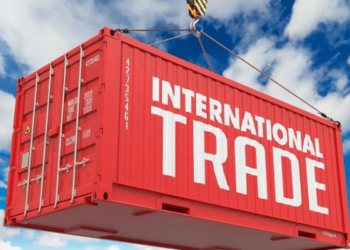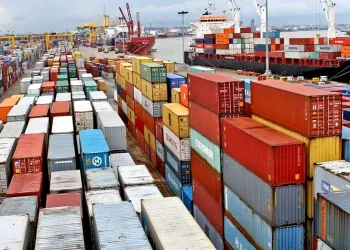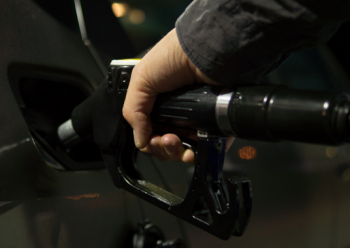2023 has been one of the toughest years for Nigerian businesses this decade. It took only two months after the petrol subsidy removal in May for a reported 4 million small businesses to shut down because of a harsh economy. In October, the Nigerian Association of Small-Scale Industrialists said that Micro, Small and Medium Enterprises were shutting down daily.
But small businesses are not alone. Several big names have scaled back their operations this year, citing harsh economic conditions. According to the Manufacturers Association of Nigeria, the value of unwanted products held by Nigerian producers jumped 22% to 470 billion naira ($1 billion) by the end of 2022. That’s the highest in the last five years except for 2020. Problems like lingering foreign exchange scarcity, poor power supply, port congestion, multiple taxation, insecurity, poor infrastructure, etc., have forced these companies to stop operating in Nigeria. Here are the most notable ones so far.
Unilever
This year, Unilever was the first household name to shed its Nigerian production. In March, the company announced changes in its business model to exit the home care and skin cleansing categories. That meant famous brands like OMO, Sunlight and Lux would no longer be on retail shelves. According to Unilever, it ceased production of homecare category products in June and ended sales in September. However, it extended the production and sale for the skin cleansing category to December 2023.
Why? Running the business has been rough. According to the company’s unaudited interim financial statements for the first nine months of 2023, it lost N1.09 billion in the third quarter of 2023. Borrowing costs widened to N1.03 billion in Q3 2023 from N328.89 million in Q3 2022, thanks to the CBN’s new forex policy. Also, because of the naira’s devaluation, Unilever lost N6.297 billion in valuation and posted restructuring costs of N3.27 billion.
GSK
In August, GlaxoSmithKline Consumer Nigeria Plc, the country’s second-biggest drug producer, told the public it was halting operations. This decision was because the company’s UK parent terminated exclusive marketing and distribution agreements with it. According to a statement published on the Nigeria Exchange, GSK Plc, which owns a majority stake in the Nigerian unit, said it will appoint third-party distributors to sell its prescription medicines and vaccines in the country. GSK’s consumer-health arm, Haleon Plc, also informed GSK Nigeria of its “intent to terminate its distribution agreement in the coming months” and appoint a third-party distributor. GSK also said it planned “an accelerated cash distribution and return of capital” to minority shareholders.
The company gave no reason for its decision. However, GSK Nigeria had previously said it was struggling to maintain supplies of its pharmaceutical and vaccine products in Nigeria due to a shortage of dollars to import ingredients.
Sanofi
On November 8th, Sanofi, a French pharmaceutical multinational, subtly announced its exit from Nigerian operations. The company said it has appointed a third-party distributor to handle its commercial portfolio of medicines from February 2024.
Just like GSK, Sanofi didn’t state any reason for its decision. Folake Odediran, Sanofi general manager (general medicines) and country lead, only said: “This strategic move is driven by our commitment to continually improve access to our medicines and to better serve our patients and the Nigerian health system.” However, the company’s numbers indicate that it’s been struggling to keep its margins in Nigeria.
In 2019, May & Baker Nigeria announced a contract manufacturing agreement to produce four brands from Sanofi. This deal was an effort to boost local production. It enabled May & Baker to use Sanofi’s facilities to manufacture flagyl tablets, suspensions, anti-infective medicines and anti-malaria drugs. By then, May & Baker’s revenue slowed by 9.57% to N5.9 billion in the first nine months of 2019. Gross profits also fell by 9.36% due to a sharp decline in sales.
Bolt Food
Right after Sanofi’s announcement, Bolt Food followed suit. “At this time, we have made the difficult decision to discontinue our food delivery operations in Nigeria due to business reasons,” the company said in a statement. On December 7th, Bolt Food will exit the Nigerian market. According to the company, it’s out of a need to “streamline its resources and maximise overall efficiency.”
Bolt, famously known for its ride-sharing platform, offers food delivery services in 16 countries and 33 cities globally. It launched Bolt Food in Nigeria in October 2021. But the market hasn’t exactly been kind to logistics startups in the last two years. Delivery businesses in the country are facing stringent macroeconomic challenges which have affected their operations. Rising fuel prices have led startups like Bolt to raise delivery fees by 20-50%. Rising inflation has also shrunk consumers’ spending power this year.










